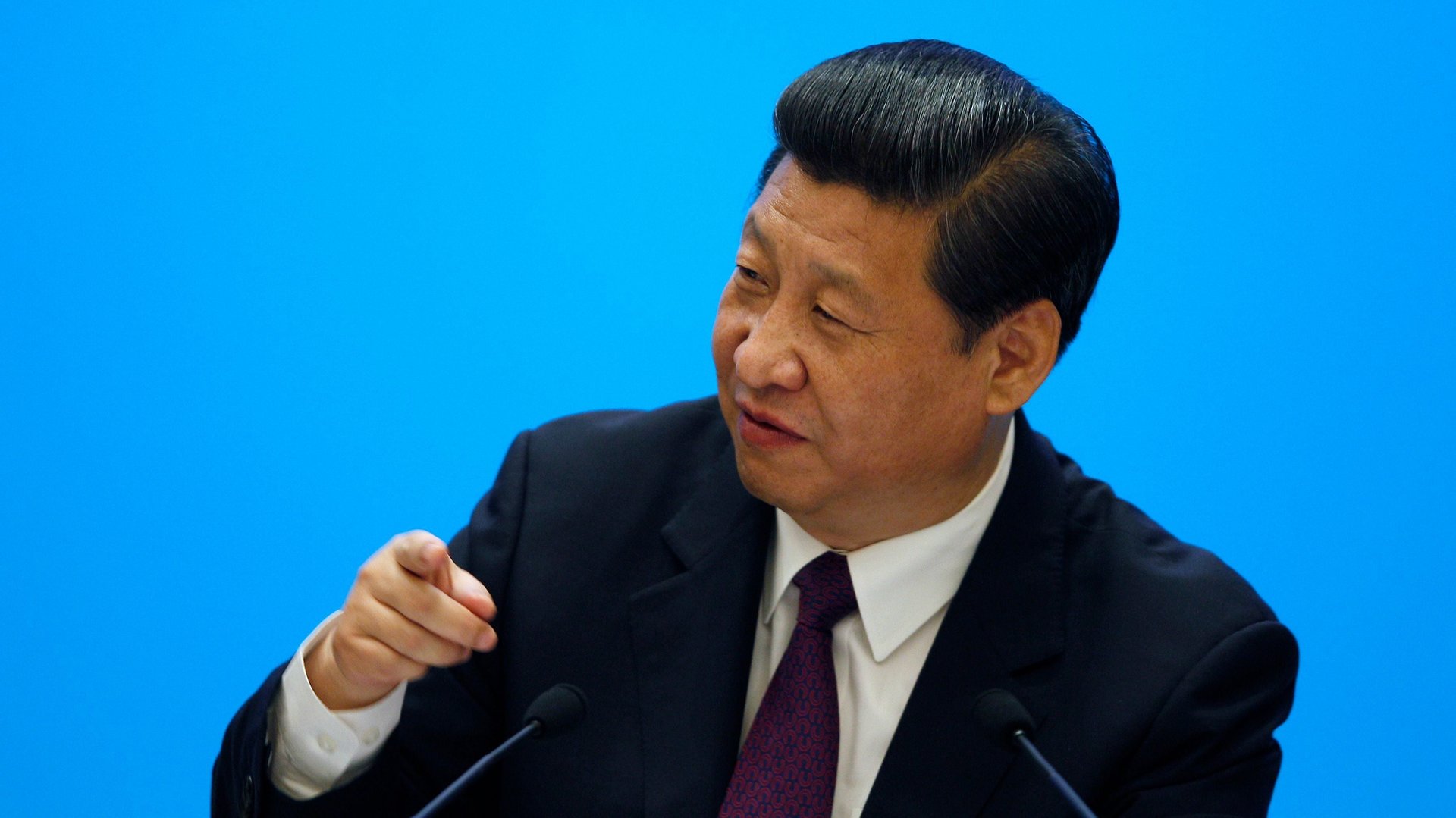China is celebrating its economic openness amid a trade war with the US
On April 8, business leaders and government officials from around the world will head to the scenic island of Hainan in southern China for the four-day Boao Forum. Known as Asia’s Davos, the gathering has been convening annually in the town it is named after since 2002, and this year attendees will explore the theme “An Open and Innovative Asia for a World of Greater Prosperity.”


On April 8, business leaders and government officials from around the world will head to the scenic island of Hainan in southern China for the four-day Boao Forum. Known as Asia’s Davos, the gathering has been convening annually in the town it is named after since 2002, and this year attendees will explore the theme “An Open and Innovative Asia for a World of Greater Prosperity.”
Chinese president Xi Jinping is set to deliver a keynote speech Tuesday (April 10) at this year’s gathering, in which he will give “the most authoritative interpretation” on China’s 40 years of economic reforms and opening up, according to China’s top diplomat Wang Yi. One of the major announcements Xi will make is the establishment of free-trade ports—“freer” than any existing ones—in Chinese provinces potentially including Hainan, Hong Kong’s South China Morning Post reported, citing sources.
It will be Xi’s first major speech to a global audience after he formed the Chinese government’s new leadership team and scrapped term limits for his presidency during a key political event last month. Already the most dominant Chinese leader in generations, Xi has made it all too clear that China has entered a “new era,” and that it sees itself as a top global power, in stark contrast to the past four decades of “Hide your strength, bide your time,” as put by Chinese leader Deng Xiaoping, who spearheaded the market-opening measures in 1978.
Founded in 2001, the same year that China joined the World Trade Organization, the Boao Forum is one of Beijing’s earliest moves to initiate some kind of counterpart to Western pow-wows. Such efforts have become more prominent under Xi as the Chinese president vows to take on a leadership role in global affairs from trade to climate change to cyberspace governance. Speaking at Boao in 2013, Xi for the first time put forward his vision (link in Chinese) of building a “community of shared future” for humankind. The concept is now incorporated into a United Nation resolution, and heralded by Chinese state media as an alternative to Donald Trump’s “America First” policy.
While Xi is almost certain to hail the openness of China’s economy and markets at Boao, his rhetoric will suffer from unfortunate timing, coming amid the start of a trade war between China and the US. Earlier this week, Beijing slapped hefty tariffs on 128 American products, including pork and steel pipes, in retaliation for earlier US tariffs on steel and aluminum products. Just a day later, the White House published a list of 1,300 Chinese goods, worth around $50 billion, to be targeted by a 25% duty. It only took Beijing a few hours to hit back, proposing to apply punitive tariffs to 106 additional American goods worth the same value. And you know it’s getting serious this time as the new list includes key US exports such as soybean, cars and airplanes. China is the world’s biggest buyer of soybeans from the US with trade worth about $14 billion last year, and eight of the nine US states that are the biggest producers of the crop voted for Trump. Today (April 5), Trump proposed to impose tariffs on an additional $100 billion in Chinese products, citing China’s “unfair retaliation.”
A tit-for-tat trade war could evolve into a full-blown one that hurts everyone, and would be a slap in the face of the global statesmanship, and commitment to globalization Xi has tried hard to display, most notably with his speech at the original Davos last year, where he presented himself as a counter to the newly-elected Trump’s protectionism. It’s worth watching closely to see how the Chinese leader plans to put a spin on this.